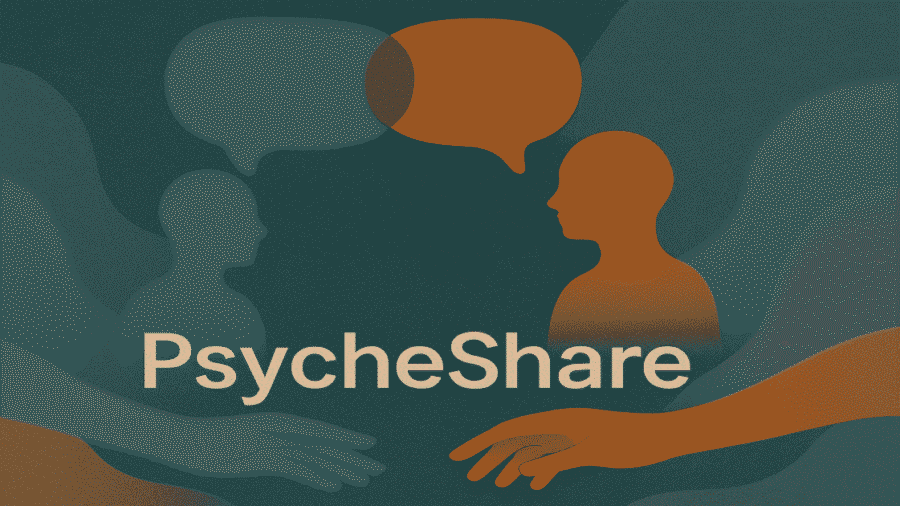Have you ever found yourself asking questions like “What is the purpose of my life?”, “Why do I feel so lost?”, or “How do I deal with death and uncertainty?” If so, you are not alone. These are not just philosophical ponderings; they are deeply human concerns. Existential therapy is a powerful approach that helps people confront and understand these questions in a meaningful way.
In this post, we will explore what existential therapy is, how it works, who it helps, and why it might be the life-changing approach many people never knew they needed.
What Is Existential Therapy?
Existential therapy is a unique form of psychotherapy that focuses on the human condition as a whole. Unlike traditional therapy models that target symptoms, existential therapy explores deeper life concerns such as freedom, isolation, death, meaning, and responsibility.
This approach is grounded in existential philosophy, drawing from the works of thinkers like Søren Kierkegaard, Friedrich Nietzsche, Martin Heidegger, and Jean-Paul Sartre. These philosophers emphasized the importance of personal choice, authenticity, and the struggle to create meaning in an often unpredictable and indifferent world.
According to the American Psychological Association, existential therapy helps individuals live more authentically and with greater self-awareness by confronting the “givens” of existence (APA Dictionary of Psychology).
Core Principles of Existential Therapy
Existential therapy is built on several key principles:
1. Freedom and Responsibility
Humans are free to choose their actions and create their own paths, but this freedom comes with the responsibility of shaping their lives.
2. Meaning and Purpose
People have a deep need to find meaning in life. When this search is neglected, it can lead to emptiness, anxiety, and depression.
3. Isolation
Everyone experiences a fundamental sense of aloneness, even when surrounded by others. Learning how to be comfortable with this solitude is part of personal growth.
4. Death and Mortality
Awareness of death can be terrifying, but it also motivates individuals to live fully and intentionally.
5. Authenticity
Living authentically means aligning actions with one’s values, rather than conforming to societal expectations.
How Does Existential Therapy Work?
Existential therapy is a collaborative, open-ended dialogue between therapist and client. There is no strict method or set of techniques. Instead, the therapist helps the client explore their inner world and come to terms with their existence.
Some of the methods used include:
- Reflective questioning: Encouraging the client to explore personal beliefs and life choices.
- Here-and-now focus: Paying attention to the present moment and the client’s immediate experience.
- Confronting existential anxiety: Helping clients accept that anxiety is a normal part of living.
Existential therapists do not try to “fix” people. Instead, they guide individuals toward self-discovery, acceptance, and personal transformation.
Who Can Benefit from Existential Therapy?
This form of therapy is ideal for people facing:
- Major life transitions (such as divorce, career change, or retirement)
- Feelings of emptiness, despair, or loss of purpose
- Depression, anxiety, and identity crises
- Grief and fear of death
- Chronic illness or trauma
In fact, research published in the journal Psychotherapy and Psychosomatics found that existential therapy can significantly improve psychological well-being, especially for those dealing with terminal illness or severe loss.
Benefits of Existential Therapy
- Helps you explore and understand your life’s meaning
- Increases emotional awareness and responsibility
- Promotes authentic living
- Encourages personal growth and self-acceptance
- Equips you to handle uncertainty and anxiety
This therapeutic approach does not offer quick fixes, but it does offer deep, lasting change. It is about embracing life’s questions and learning how to live with them, not avoid them.
Limitations to Consider
Existential therapy may not be the best fit for everyone. People looking for highly structured sessions or symptom-focused treatment (such as for acute trauma or certain disorders) might find this approach too abstract. However, it can complement other therapies when integrated properly.
A Real-Life Example
Take the story of “Anna,” a 35-year-old professional who felt like she was living on autopilot. Though she was successful by all external standards, she constantly battled with feelings of emptiness. Through existential therapy, Anna uncovered that she had been living a life dictated by others’ expectations. She began to reconnect with her values, and eventually pursued a more fulfilling path, even if it meant taking risks. Her story is not uncommon.
Final Thoughts
Existential therapy is more than just a form of counseling. It is an invitation to explore your most profound questions and reclaim your personal freedom. In a world that often prioritizes quick fixes and surface-level solutions, this approach dares you to go deeper.
If you have ever struggled to find meaning or felt lost in the face of life’s uncertainty, existential therapy might just be what you need to begin truly living.



Add a Comment